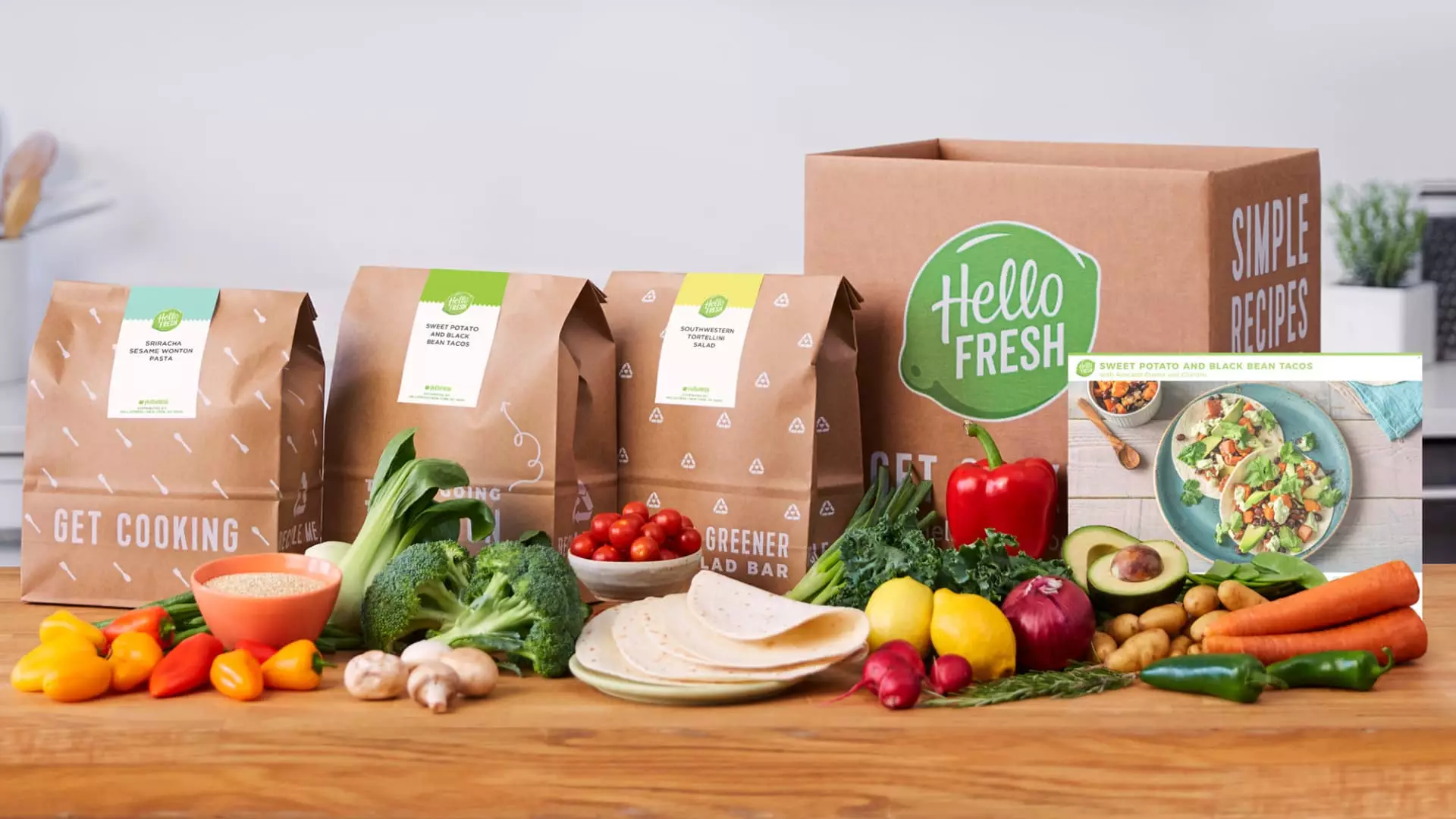HelloFresh, a German meal kit firm, recently reported a profit that surpassed expectations for the second quarter. The company’s shares surged by as much as 20%, showcasing investor excitement. The introduction of ready-to-eat meals played a significant role in driving this growth. However, despite the positive news, the stock gains later settled at a more modest 10% increase.
Although HelloFresh saw a 23.7% decrease in adjusted earnings before interest, tax, depreciation, and amortization compared to the previous year, the figure still exceeded analysts’ forecasts. Revenue also experienced a slight uptick of 1.7% to 1.95 billion euros in the quarter. The company attributed these results to the strong performance of its ready-to-eat meal delivery business, which witnessed a substantial 50.2% year-on-year growth in the first half of 2024.
In response to declining demand for meal kits post-pandemic, HelloFresh made a strategic move to acquire Factor, a company specializing in ready-made meals delivery. This acquisition allowed HelloFresh to penetrate the ready-meal category and capitalize on shifting consumer preferences. Consequently, the company witnessed a significant increase in average order value in both North American and international markets. Despite the decline in order volumes for meal kits, the expansion into the ready-meal segment proved to be a successful strategic decision.
However, the aggressive ramp-up in ready-to-eat meal production came with its challenges. HelloFresh reported a decrease in its group contribution margin to 24.3% in the second quarter of 2024, down from 28.4% in the same period the previous year. The increased production costs associated with the expansion into the ready-meal category impacted the company’s overall profitability. These cost management challenges highlighted the delicate balance between growth strategies and operational efficiency.
Despite the recent positive developments, HelloFresh has faced scrutiny from investors in the past year. The company’s stock price plummeted by 75% over the last 12 months, reflecting concerns around higher interest rates and doubts regarding the sustainability of its business model. A particularly significant decline occurred in March when HelloFresh shares tumbled by as much as 42% due to disappointing annual earnings guidance. The negative market sentiment raised questions about the company’s ability to maintain its growth trajectory.
HelloFresh’s journey is a tale of resilience and adaptation in a rapidly changing market landscape. The company’s foray into the ready-to-eat meals segment exemplifies its strategic agility in responding to evolving consumer preferences. However, the challenges associated with cost management and margin pressures underscore the complexities of sustaining growth in a competitive industry. Moving forward, HelloFresh will need to navigate these challenges while maintaining investor confidence and driving innovation to secure its position in the market.

